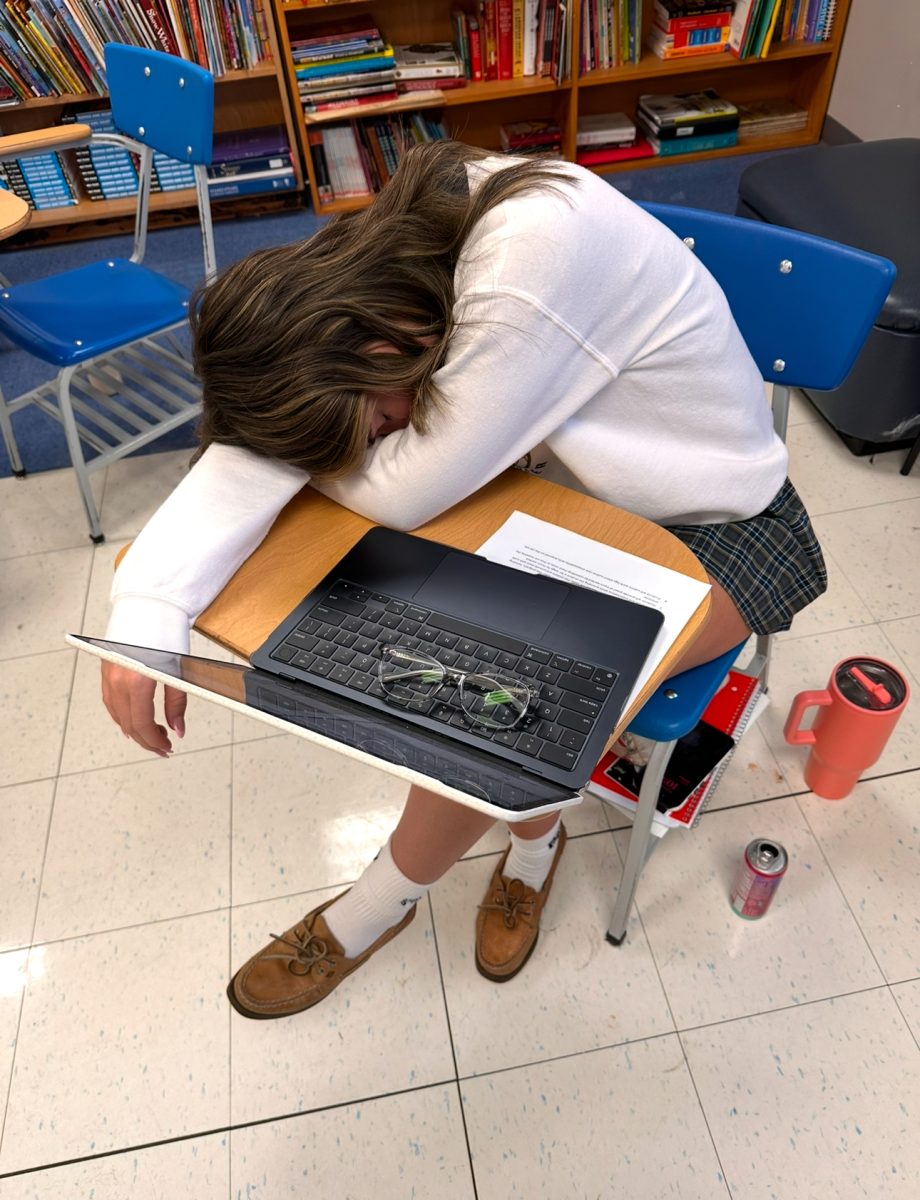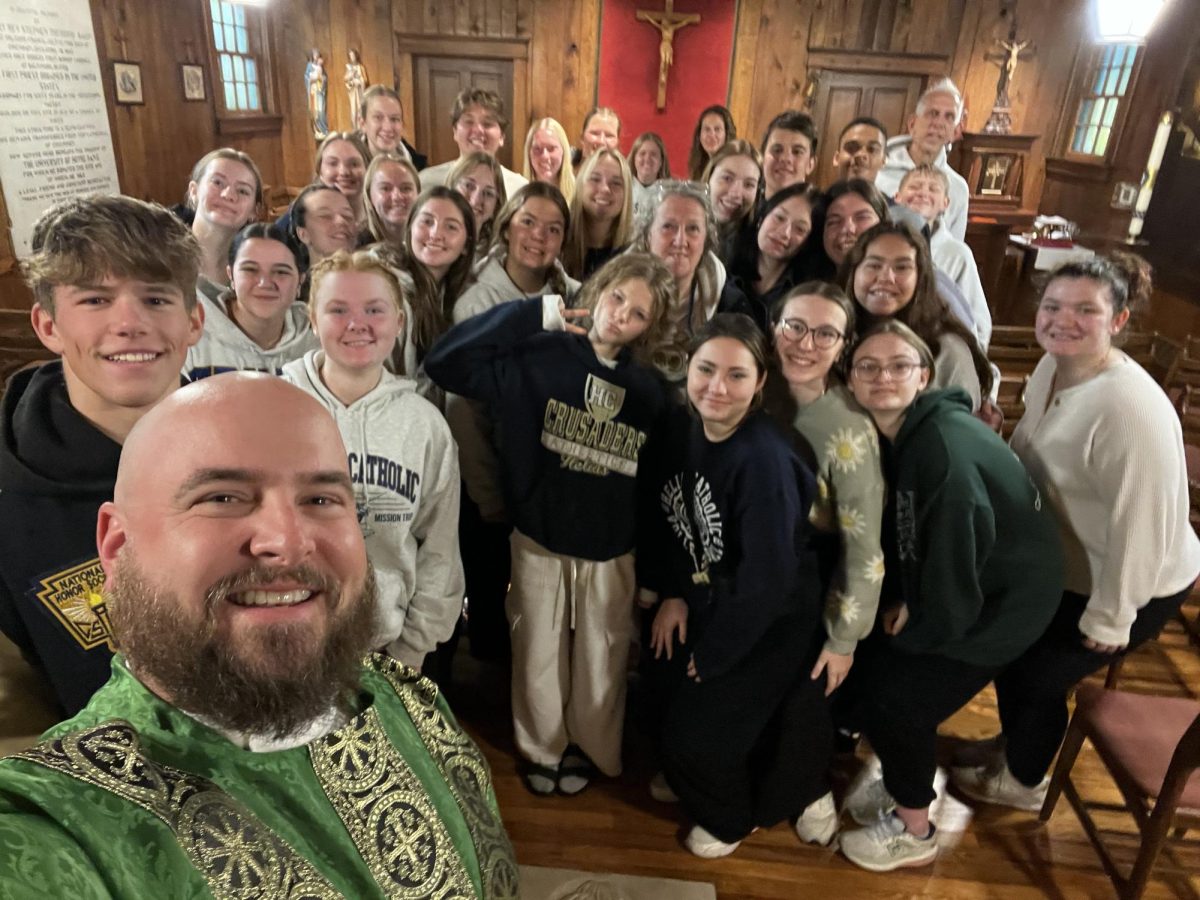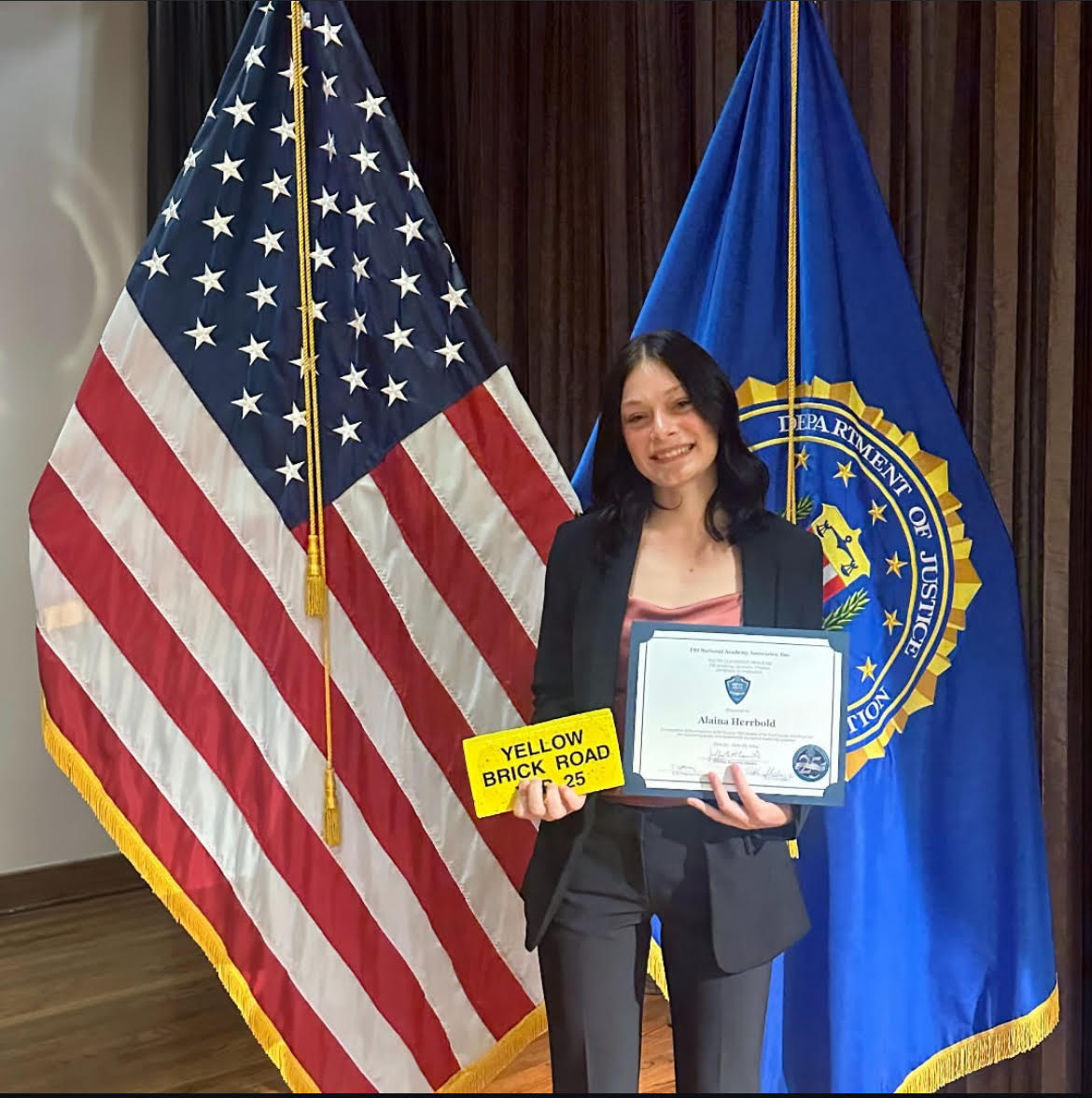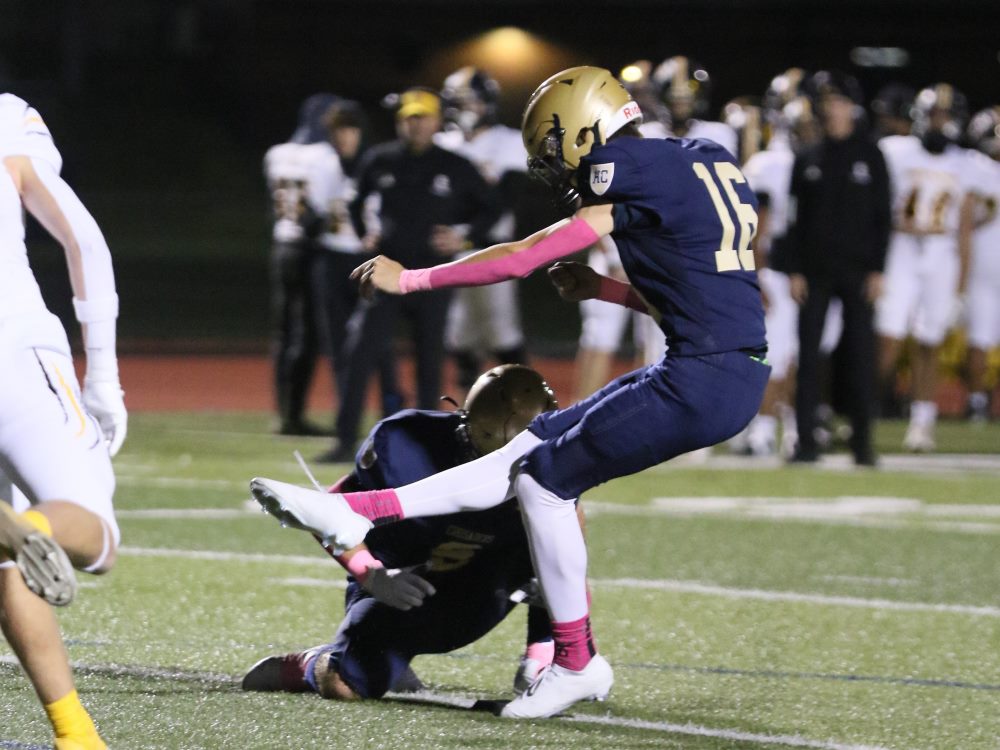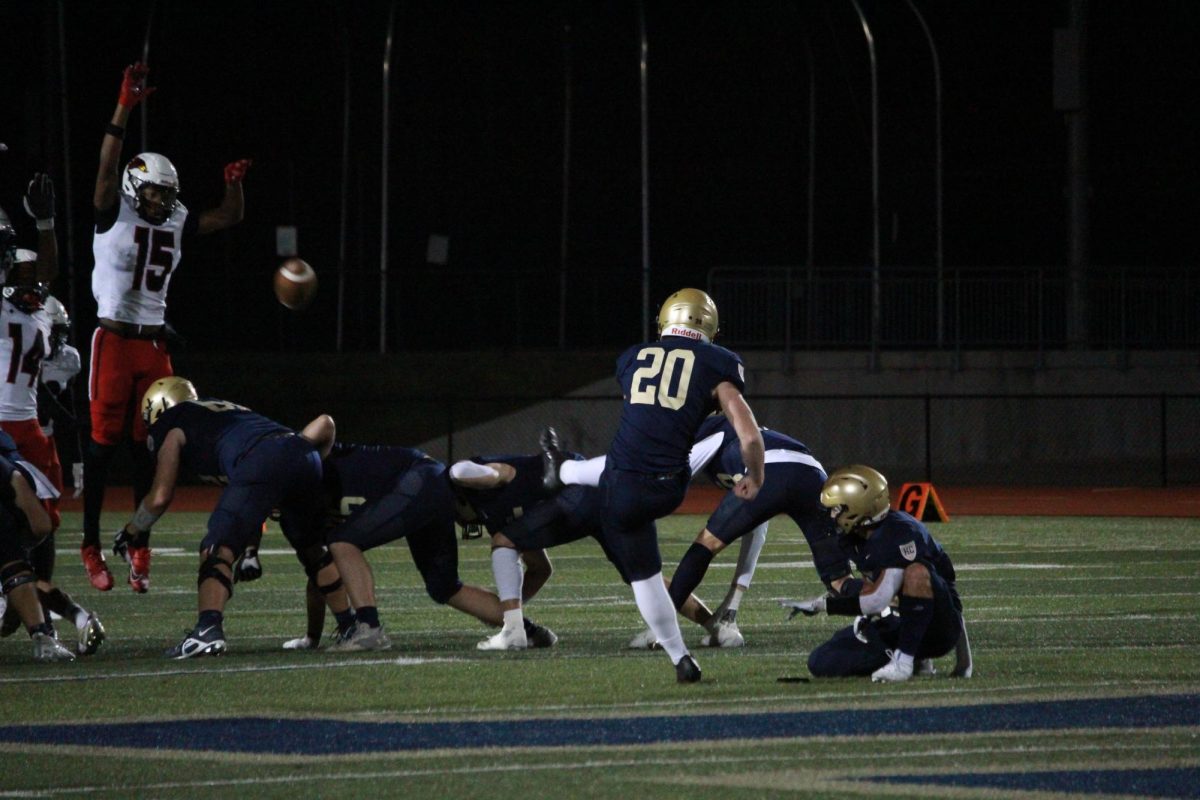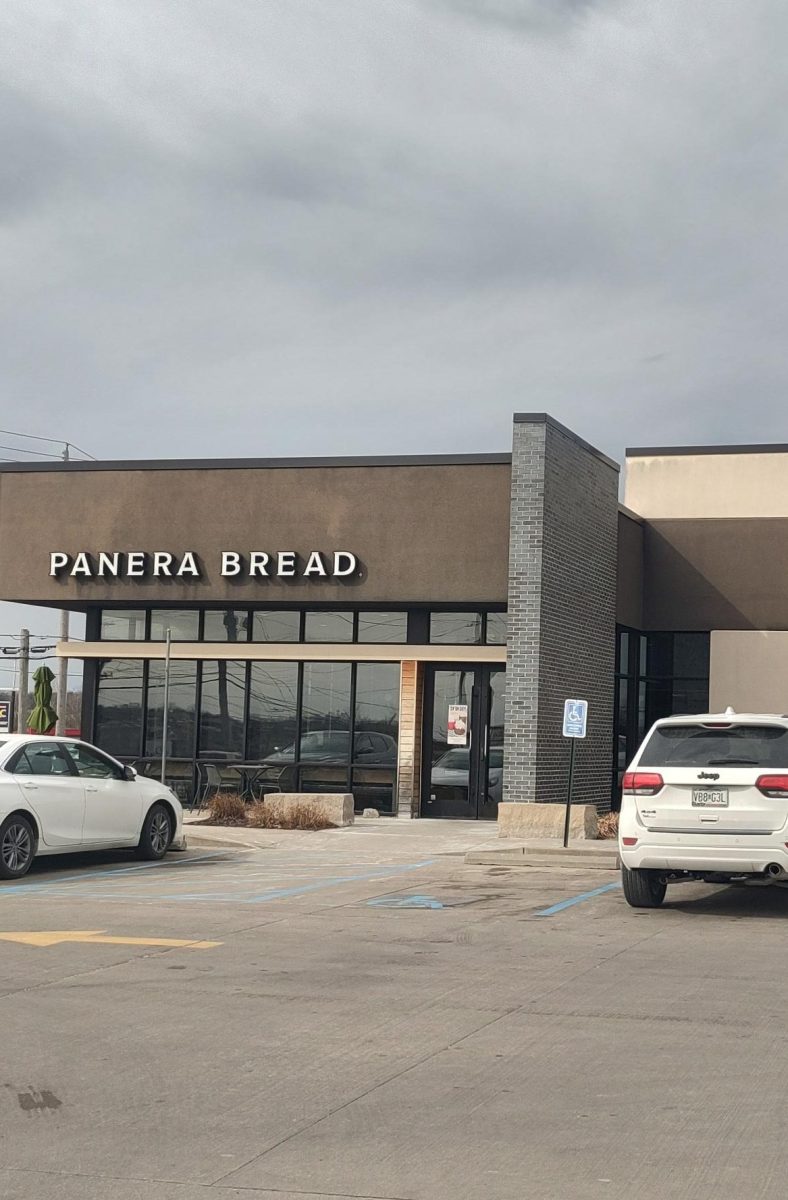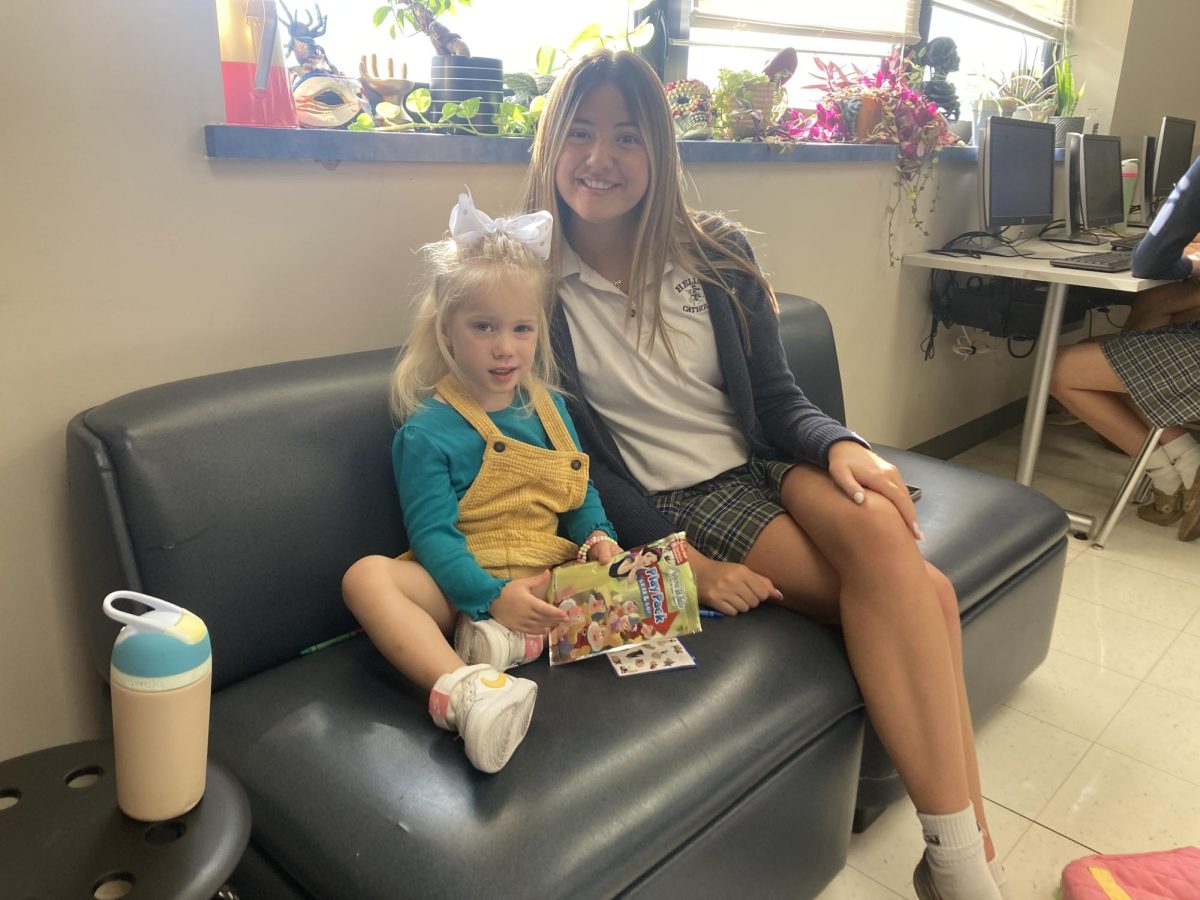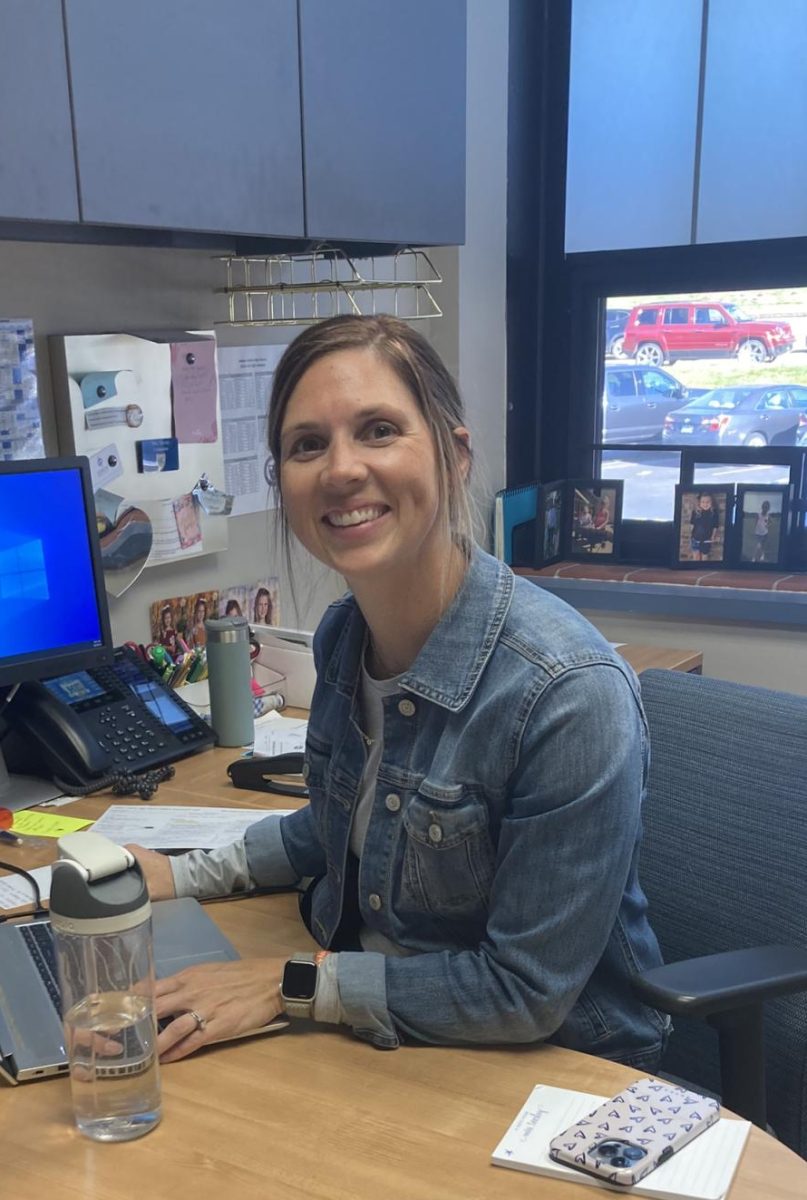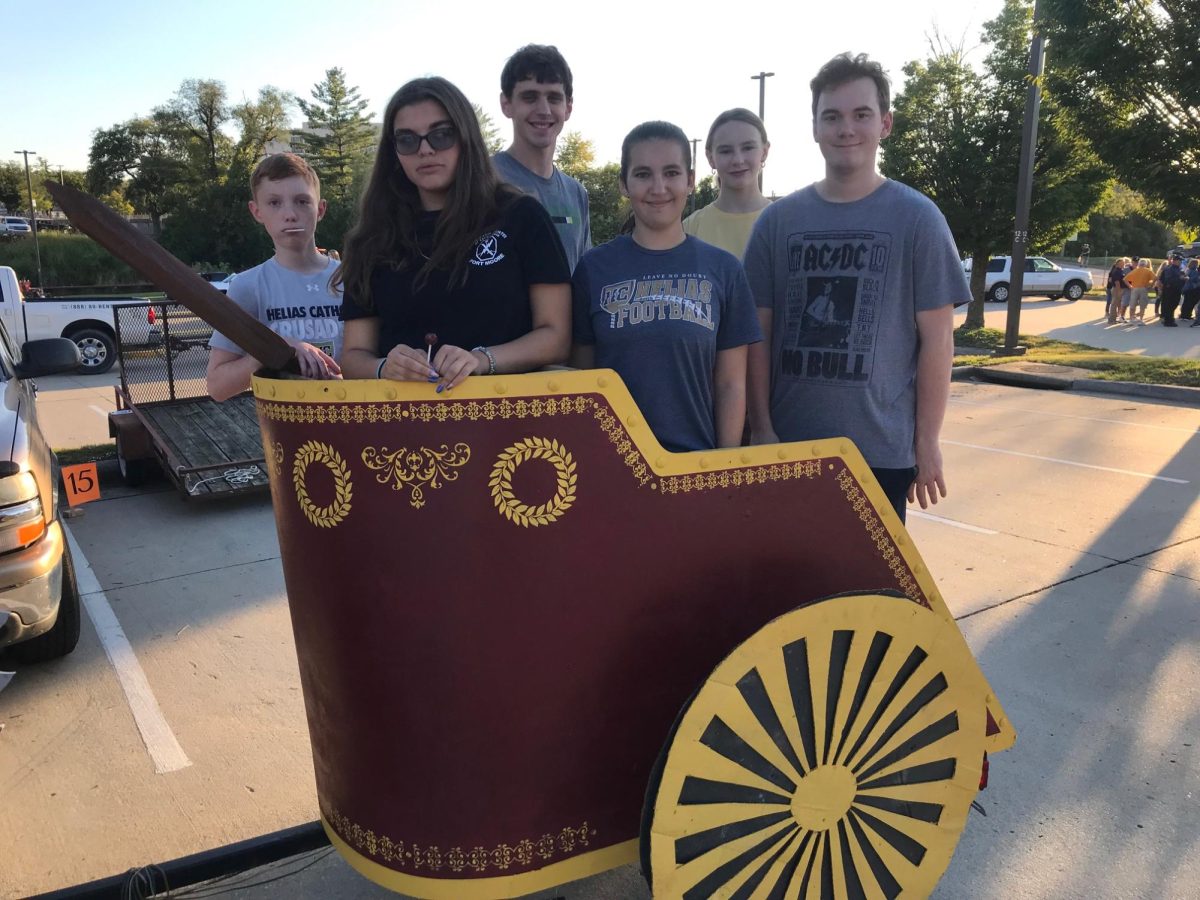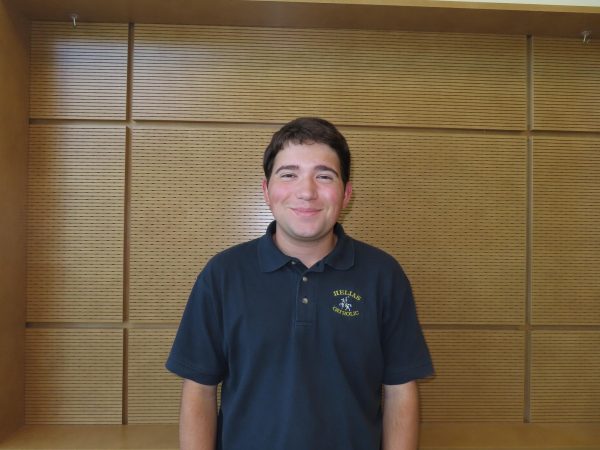Looking around a senior classroom, a few things become apparent as the year goes on. Empty seats, heads on desks, and frantic studying prior to tests. These are just some of the characteristics of Senioritis. Despite the underlying joke, Senioritis, a disease most seniors in high school contract, is detrimental and spreading across the US each year. From getting to school later and later each day or totally skipping, to procrastination and missing assignments, the struggle is real.
“My attendance has gone down, and I lack motivation,” noted Mailei Custard (12).
Opinions like these are typically running jokes between students. For most students, Senioritis is not caused by laziness but rather because of how hard some students have worked in their previous years of high school leading to more free time and less intensive class work. This was a major point of reason for some students, including Kenadi Harrison (12) who said “I am already accepted into college, so classes feel a bit more pointless than they used to.”
Out of the 29 seniors surveyed by The Blue and Gold, over 75% are experiencing senioritis–and it’s only December. This could be truly devastating to their futures, as senioritis impacts grades, attendance, and overall professionalism.
“Yes! I do believe senioritis is a thing, but I didn’t believe in senioritis until I started teaching here. (There’s) lot’s of reasons to miss class. The senior skip day thing—one year I had two or three senior skip days. But I think most of the seniors here have goals after high school, so that definitely helps keep kids in class,” noted Dr. Miranda.
Although senioritis has no ‘cure,’ there are treatments. Many students are not taking the treatments: a few are though.
“I’m just trying to ‘lock in,’” stated Richard Mosha (12).
As seniors make an effort to survive the next six months, according to US News, there are many ways to ‘lock in’ and stay motivated: keep the end goal in sight, don’t deprive yourself of fun, change things up, and lastly, stay organized.
Other seniors, such as Abby Heckencamp (12), who said that, “I make to-do lists to hold myself accountable to do my work and reward myself,” have more tangible ideas to keep motivated.
On the other side of the classroom, teachers experience the complications of Senioritis. Faculty members deal with the effects of senioritis first hand and often attempt to motivate students to see the year through. These teachers, coaches, counselors, and administrators know the work that students have put in and want to see their students end on a high note.
Mrs. Shimkus explained, “It’s all about the attitude. Pray a lot, stay focused, dive in, lock in, finish strong. It’s like an athletic competition; when you get to the end when you’re way up, you know you’re gonna win, you have to stay focused, or you could just go downhill from there.”

